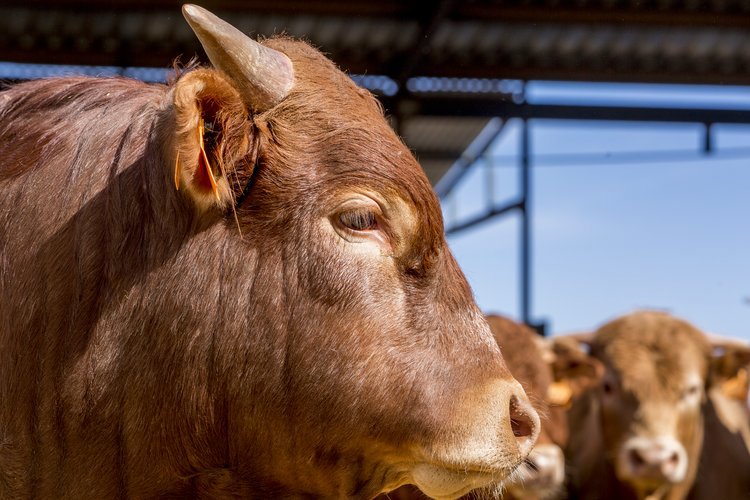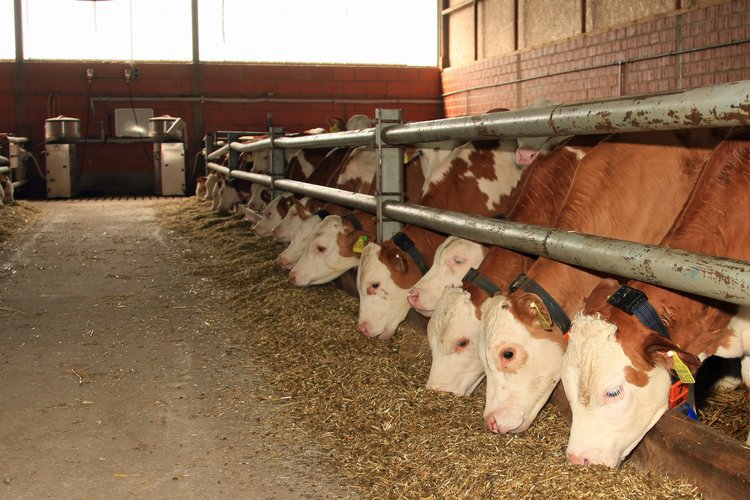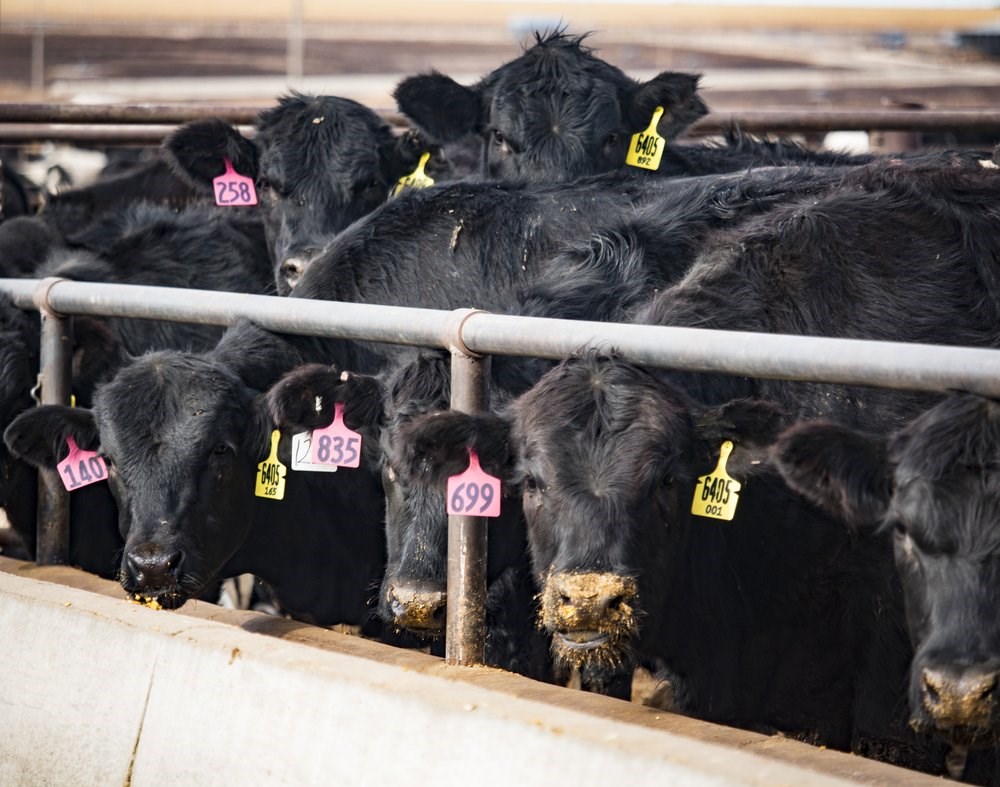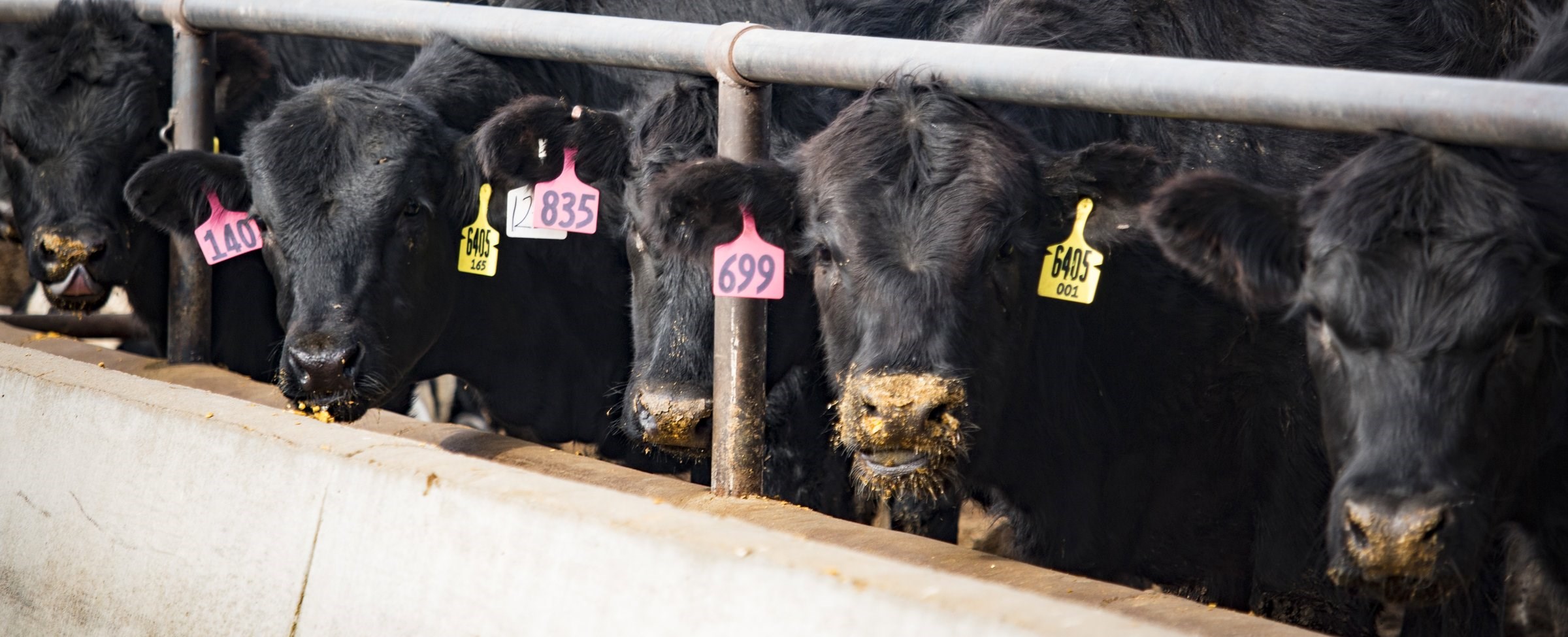
How to recognise
Symptoms of respiratory problems include coughing combined with nasal discharge, reduced appetite, fever and laboured breathing. The severity of the symptoms will vary depending on the cause and location of the infection. Symptoms appear in affected animals when they move around, run or get agitated.

The impact on the farmer
Respiratory conditions pose one of the most significant challenges to an animal’s health, development and performance. This most frequently results in additional days on feed to reach target weights, which decreases a farmer’s profitability.
Frequently Asked Questions
Why do some farmers shave the back of their animals?
They are reducing the risk of respiratory conditions by limiting humidity and temperature fluctuations that occur between day and night. Shaving can help animals release heat and sweat less, so they are dry by the time the temperature starts to drop.
How can I ensure proper ventilation?
Reducing respiratory problems requires proper ventilation in a clean and dry environment with no overcrowding. The infrastructure for housed animals must allow for six air changes per hour.
How can I reduce the risk of respiratory conditions?
Multiple steps are required to maximise respiratory health in your animals, including health screening of animals at arrival, regular assessments for early identification of respiratory issues, a well-managed vaccination programme, and prompt isolation and appropriate treatment of potential cases.

